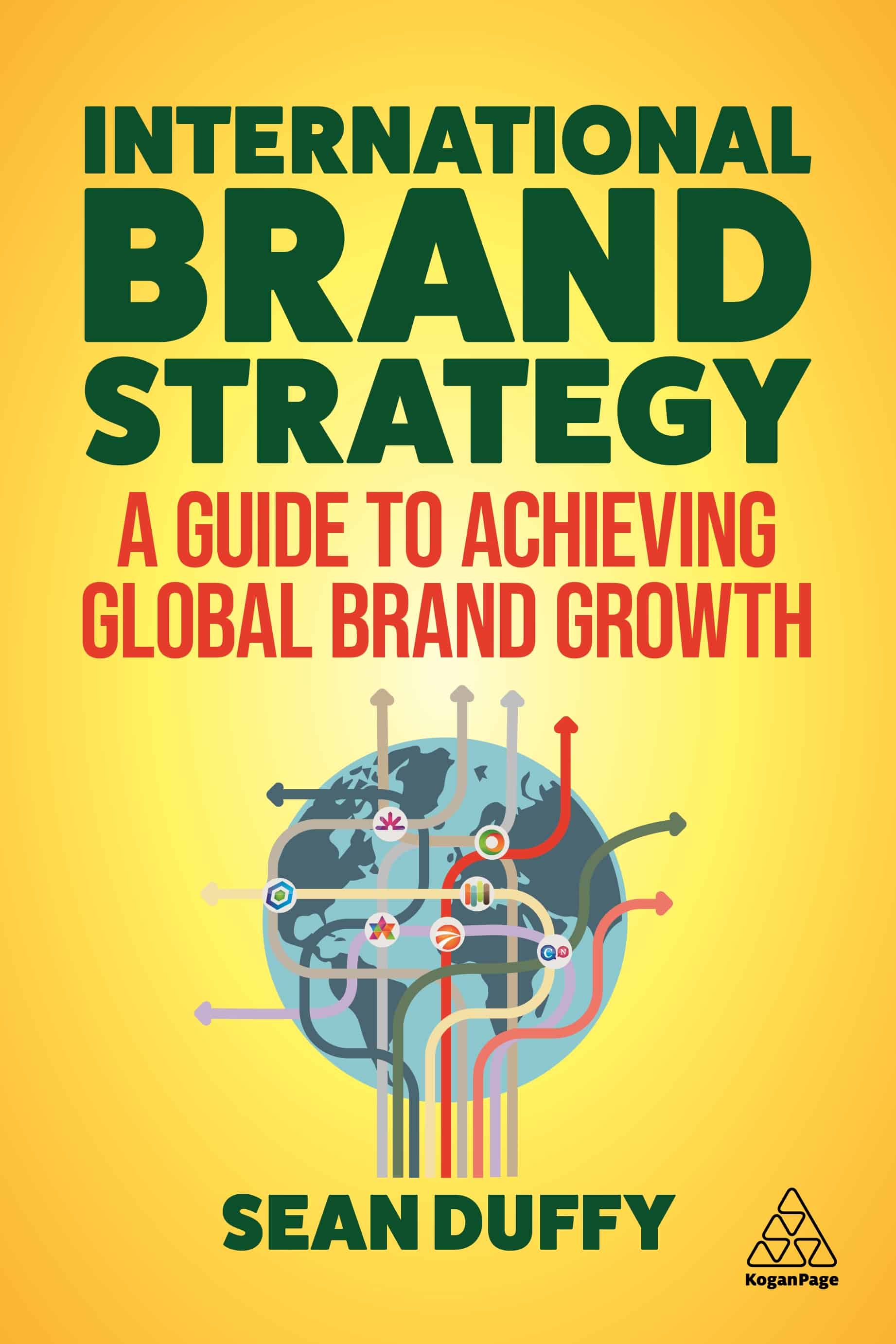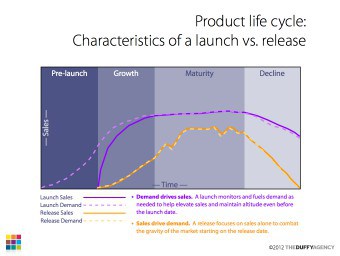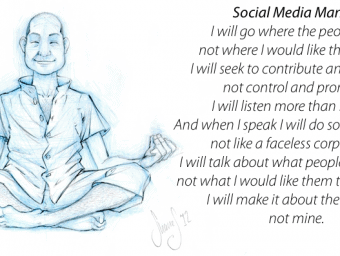Social Media ROI vs RODN
Has anyone ever asked you to demonstrate the ROI of a $1M TV spot or $25K brochure? Me neither. But suggest to a marketing executive today t...
22 Jan 2010 3113 ViewsHas anyone ever asked you to demonstrate the ROI of a $1M TV spot or $25K brochure? Me neither. But suggest to a marketing executive today that they spend a few thousand on a social media initiative and they won’t budge — unless you can prove ROI beforehand. And it’s not the recession that’s to blame. These are the same marketers who still invest in traditional media without any more ROI data than “that’s the way we’ve always done it.”
That is one reason why I find Erik Qualman‘s attempt to explain the convoluted world of social media ROI more useful than most. Like his previous social media video, this one excels at providing perspective. For instance, it reminds us that only 18% of TV spots actually generate positive ROI (and they are probably infomercials). The author of Socialnomics, Qualman also raises the second-most important question in the ROI debate: “Why are we trying to measure social media like a traditional channel anyway? Social media touches every facet of business and is more an extension of good business ethics.” While I think categorizing social media as “an extension of good business ethics” underplays the real financial benefits it can yield, his point is well taken.
Connecting almost any marketing investment to the bottom line is a tricky business. However, social media provides us with more data to support its efficacy in terms of precursors to sales like reach, frequency, response/interaction, awareness and positive perception than tradition media has ever done. And feedback is in real time allowing us to make course corrections to improve and increase results as we go.
What’s more, we can also document the growing number of business and private consumers who are engaging with social media each day. Which brings us to THE most important point in the ROI debate: What is the return on doing nothing?
Like this post? You'll find more marketing insights in my new book: International Brand Strategy: A guide to achieving global brand growth, now available from booksellers globally. Order your copy here.
Speaker, consultant & founder of Duffy Agency, the flipped digital agency that provides accelerated growth to aspiring international brands.






2 replies
Wrote a longer comment here yesterday but missed to validate the captcha.. Well, well.
In essence: Yes, I have been asked to estimate ROI and I ask for it myself. If you have never experienced that, I seriously wonder what kind of clients you work for. Yes, connecting marketing investments to the bottom line can sometimes be tricky but a calculated estimate is always better than a wild guess so that is not a reason not to do it.
Besides, guess why direct marketing is so much higher up on my priority list of media choices? I guess for the same reason Twitter are fighting like crazy to find out a business model whereas Google has no problem with that at all…
Thanks for the comment Lars. Sorry about the captcha. I agree that a disciplined attempt to calculate ROI even when data is suboptimal is better than operating on a wing and prayer. And I share your fondness for measurable media (see: http://www.brandrants.com/2008/05/all-advertising.html.html ).
I didn’t mean to suggest that ROI is a new or foreign concept to our clients. Far from it. It’s just that it has never been an issue/obstacle the way it is today as we venture into social media.
ROI for traditional media is well modeled. This seems to create a sense of security and credibility for traditional media that new media understandably lacks. Since many of the initiatives we are launching in social media have no precedent, our ability to predict the outcome involves more speculation. This is outside the comfort level of some clients. But those comfort levels were established with traditional media. Many of the opportunities that exist today in social media and the web in general offer an early mover advantage that for some can justify the additional uncertainty. By the time social media ROI is as predictable as traditional media, this advantage will be gone.
What we hope to do with our clients is to have them understand the opportunities and risks of social media and how they differ from traditional media. You might enjoy Phil Johnson’s “What’s the ROI of Putting Your Pants on in the Morning?” http://adage.com/smallagency/post?article_id=139799